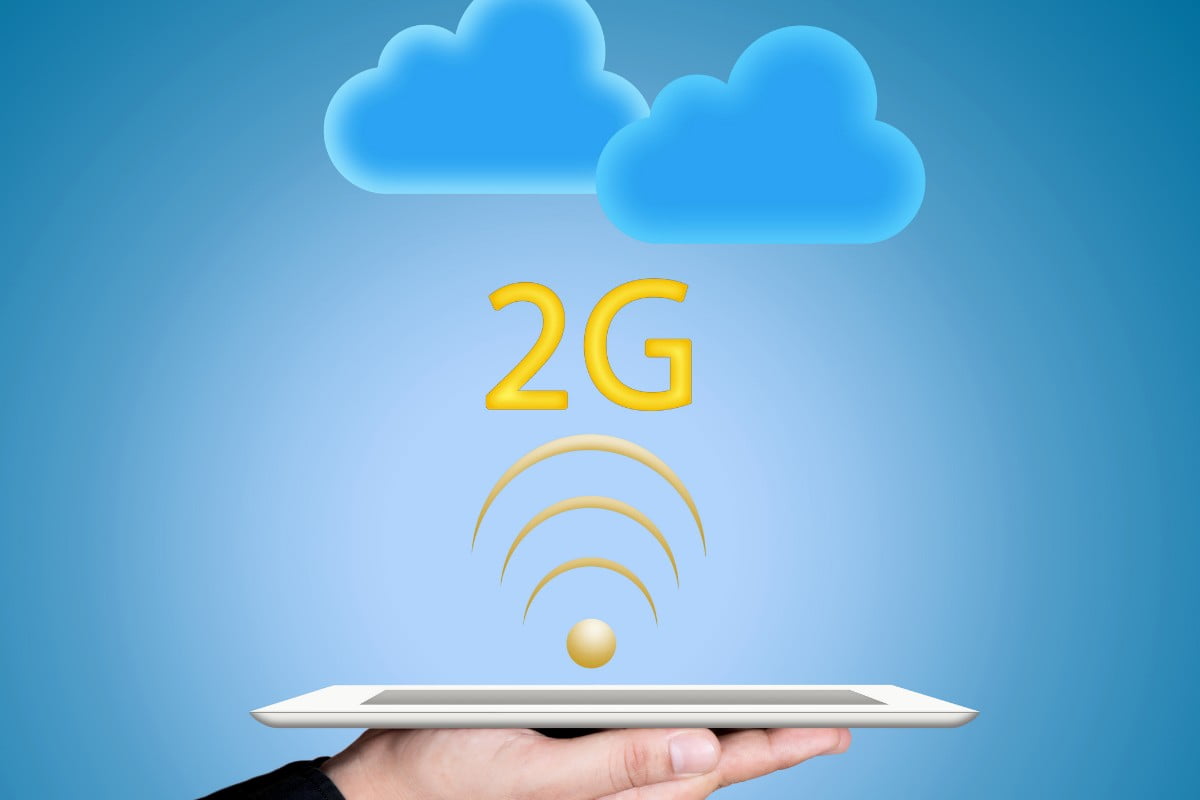4G: The evolution of mobile communications and connectivity
Published
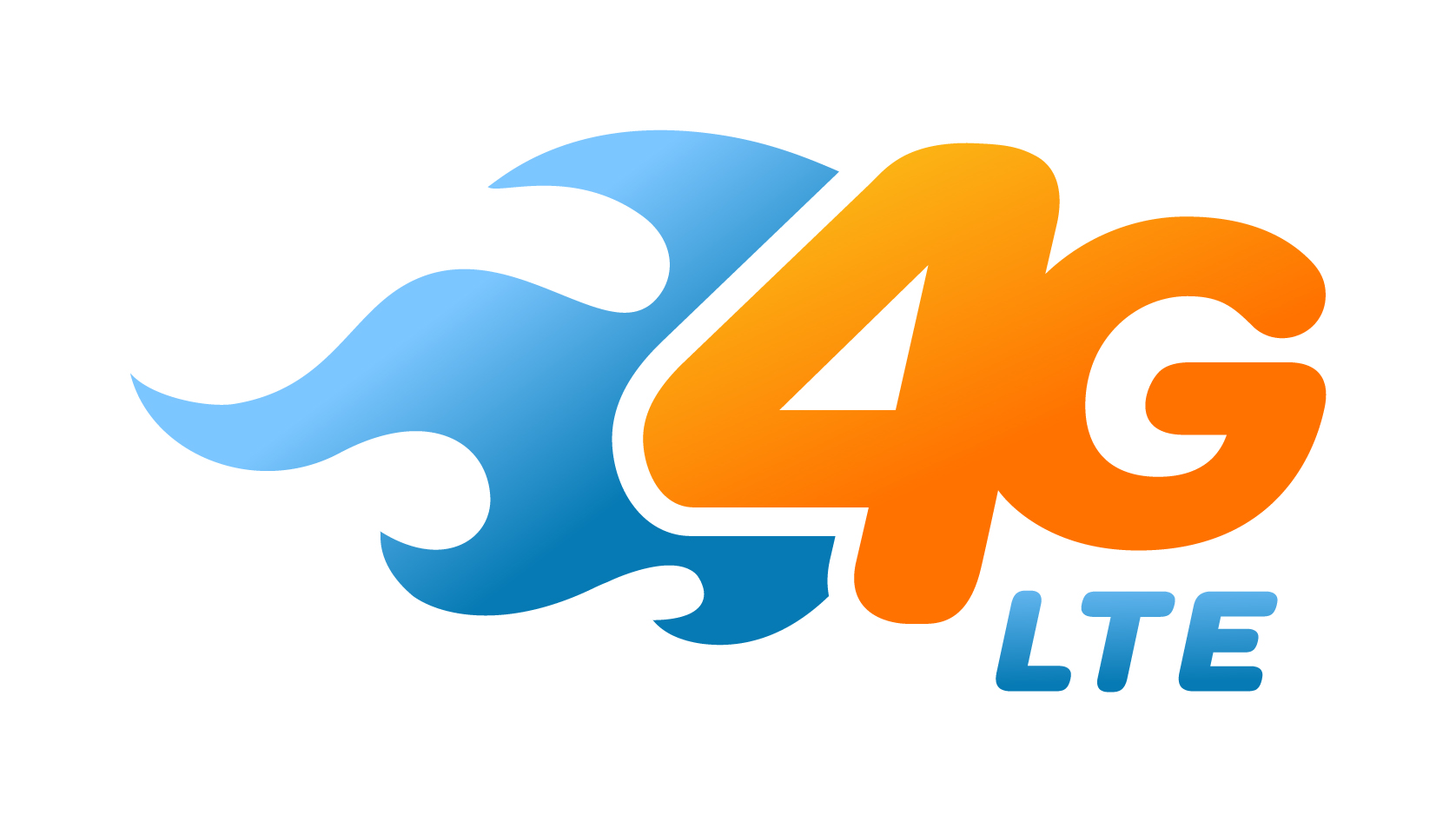
The evolution of mobile communications has reached a significant milestone with the introduction of 4G (Fourth Generation). 4G has revolutionized the way we use our mobile phones and ushered in a new era of connectivity. In this blog we will take a closer look at the benefits, applications and challenges of 4G.
What is 4G?
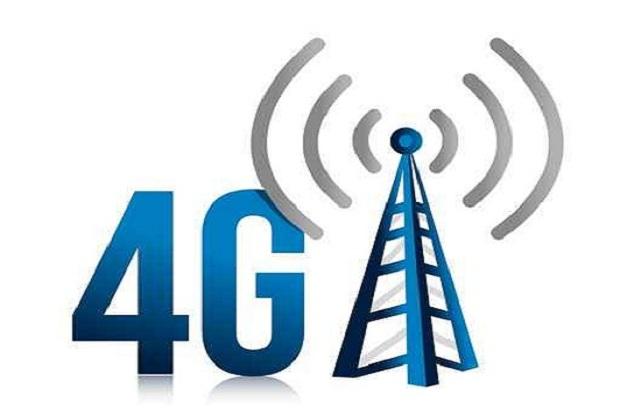
Those : 4g-lte.net
4G is the successor to 3G (Third Generation) and represents a significant improvement in speed, capacity and performance. It enables faster data transfer, lower latency and improved network stability. With 4G we can seamlessly access the internet, stream high-quality videos, do online gaming and much more.
Advantages of 4G
Fast data transfer
One of the outstanding features of 4G is the high speed of data transmission. It allows downloading and uploading large files in no time, which greatly improves our online experiences. Surfing the Internet, streaming media content and downloading applications become significantly faster and more efficient.
Improved network coverage
4G offers better network coverage, even in remote areas. The signals are more stable and reach further, meaning we can have a reliable connection even in rural areas. This opens up new opportunities for access to information and services, regardless of our location.
Support for multimedia applications
With 4G, we can easily stream and enjoy high-quality multimedia content. Video calling, video conferencing, watching live events and playing online games are seamless thanks to improved network speed and stability. 4G allows us to take full advantage of multimedia applications and enrich our communications.
Areas of application of 4G
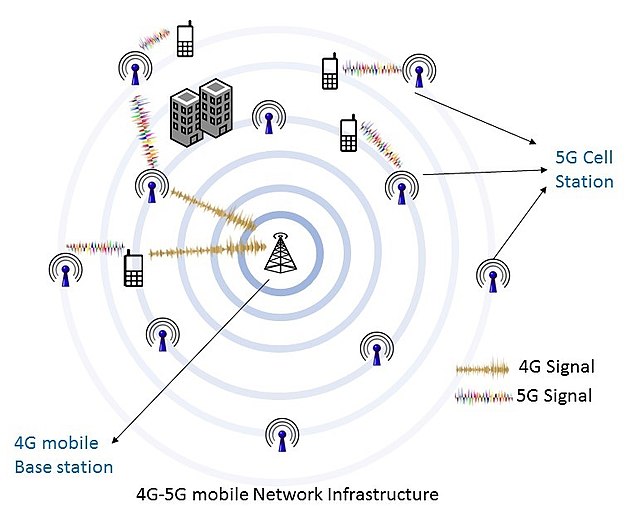
Those : commons.wikimedia.org
Mobiles Internet
4G has revolutionized mobile internet. With faster speeds and better network coverage, we can access the Internet almost anywhere. This has fundamentally changed the way we search for information, use social media, check email and use online services.
E-Commerce
The booming e-commerce sector is also benefiting from 4G. Fast and stable data connections enable a smooth shopping experience via mobile devices. We can search products, compare prices, place orders and process payments securely no matter where we are.
Mobile workplace
In the age of remote work and mobile workplaces, 4G plays a crucial role. It enables access to corporate applications and resources from anywhere. Employees can communicate efficiently, share files and collaborate in real time, regardless of their location. 4G offers the flexibility required for a modern working world.
Internet of Things (IoT)
The Internet of Things will be further advanced by 4G technology. With 4G, IoT devices can communicate with each other and exchange data. Smart home systems, connected devices in industry and agriculture, intelligent transportation systems and much more benefit from the reliable connectivity that 4G offers.
Challenges of 4G
Despite the many benefits, there are also challenges that come with the introduction of 4G. Some of them are:
Infrastructure
In order to use the full power of 4G, sufficient infrastructure is required. This means expanding cell phone towers, laying fiber optic cables and installing hardware in different regions. Providing widespread 4G coverage can be a logistical and financial challenge.
Privacy and security
With increasing networking and the exchange of sensitive data, the requirements for data protection and security are also increasing. Mechanisms must be implemented to protect user privacy and ensure security against possible attacks or data leaks.
Regulatory aspects
The rollout of 4G requires close collaboration between governments, telecommunications companies and other stakeholders. Regulatory frameworks need to be put in place to coordinate spectrum use, allocate frequencies and promote competition.
Conclusion
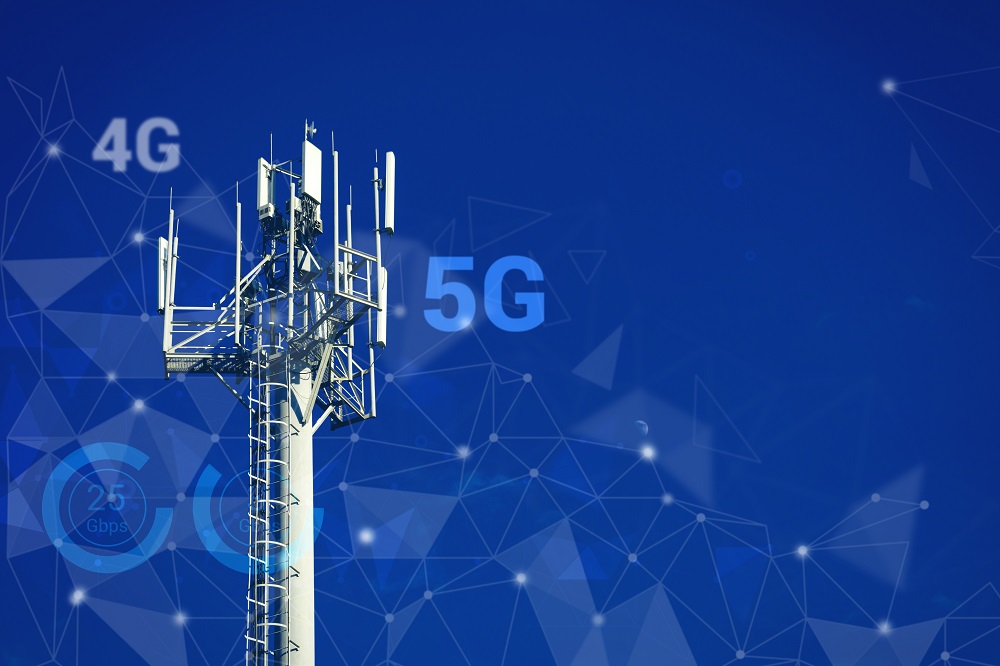
Those : capacitymedia.com
4G has taken mobile communication and connectivity to a new level. It offers fast data transfer, improved network coverage and supports a wide range of applications in areas such as mobile Internet, e-commerce, mobile working and Internet of Things. However, there are challenges such as infrastructure, privacy and security, and regulatory aspects that need to be addressed to realize the full potential of 4G. Overall, 4G has significantly changed the way we communicate, work and consume information and will continue to play an important role in the digital world.
